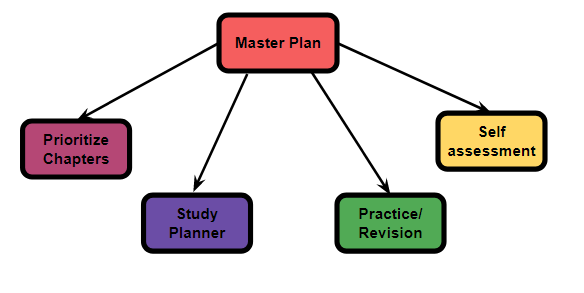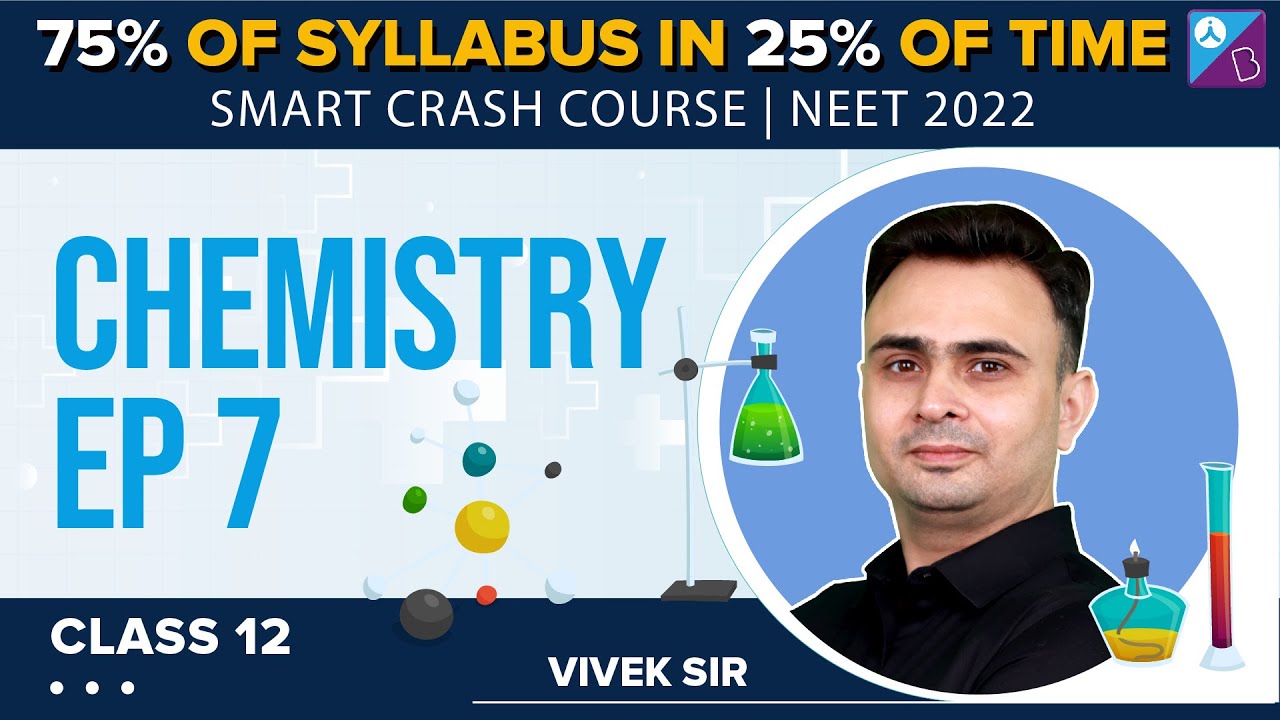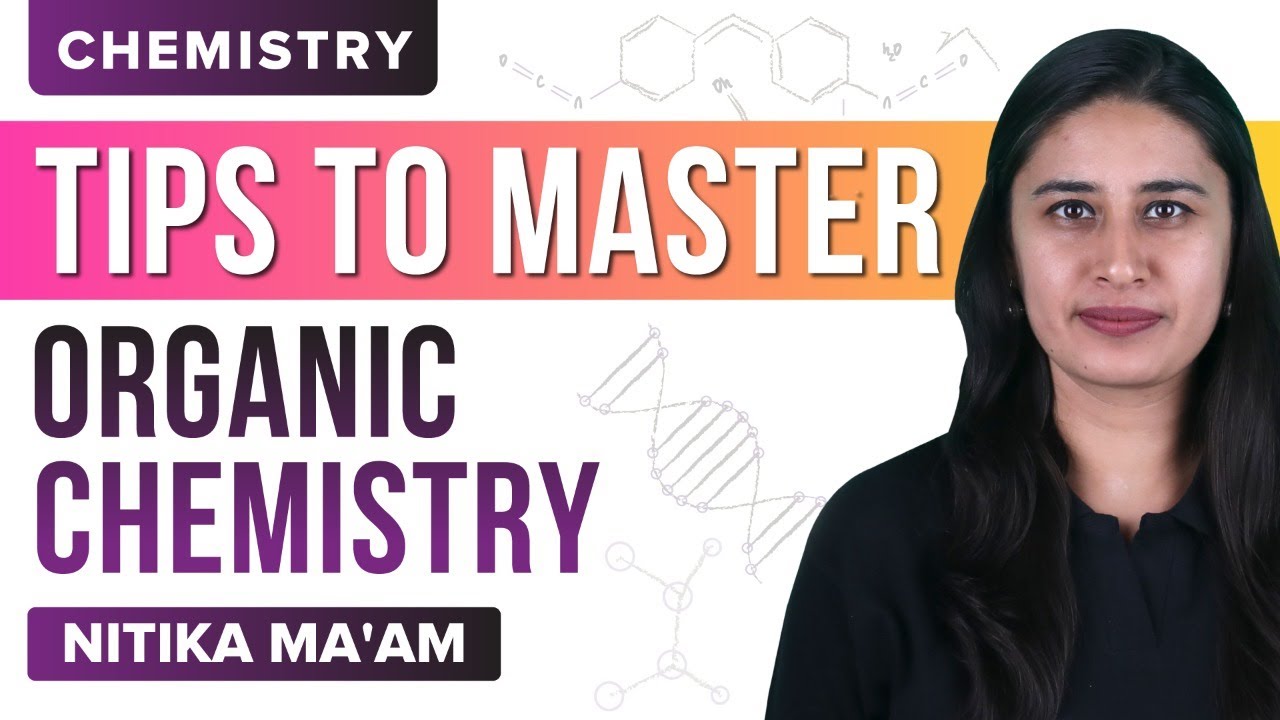Exam season is here, so is the exam phobia! With just one month for NEET to take place, the anxiety levels are mounting, and why shouldn’t it? NEET is deemed to be one of the most challenging entrance tests with cut-throat competition for the limited seats offered. Instead of being on pins and needles at this eleventh hour, let us make the most of this last month. In this post, we enlighten students with the best approach to be adapted to crack NEET chemistry in one month. Read on.
Trending: NEET 2023 exam
Prepare For NEET Chemistry In One Month – Complete Strategy
The last month before NEET can be decisive, regardless of whether you spent one year or two years preparing for NEET. Hence, effective strategizing and its execution is key. The following chart can help you in chalking out a plan for NEET chemistry.

Let us look at each aspect in detail.
I. Prioritize Chapters
One must definitely list down the important chapters. To figure that out, analyze the weightage of chapters which can be obtained from previous years’ trends. An average number of questions appearing from a chapter over the years can be extrapolated to understand its significance. Listed below is the list of important chapters from each of the Physical, Inorganic and Organic Chemistry sections. Remember, this is a list to prioritize, do not miss out on other chapters, questions appear from them too.
NEET 2020 Weightage – Number Of Questions Asked
| Class | Section | Number Of Questions |
|
Class 11
|
Physical Chemistry | 7 |
| Organic Chemistry | 4 | |
| Inorganic Chemistry | 10 | |
|
Class 12
|
Physical Chemistry | 9 |
| Organic Chemistry | 9 | |
| Inorganic Chemistry | 6 |
The table provided below enlightens about different chapters and corresponding weightage. The average number of questions given in the last column is on the basis of previous years’ trends from the year 2006 onwards up till NEET 2019. Take a look below:
| Chapter’s name | Average no. of questions |
| Hydrogen | 1 |
| s-Block Element (Alkali and Alkaline earth metals) | 2 |
| Some p-Block Elements | 1 |
| Chemical Bonding and Molecular Structure | 3 |
| Classification of Elements and Periodicity in Properties | 1 |
| General Principles and Processes of Isolation of Elements | 1 |
| p- Block Elements | 2-3 |
| d and f Block Elements | 2 |
| Coordination Compounds | 2 |
| Environmental Chemistry | 1 |
| Organic Chemistry- Some Basic Principles and Techniques | 1-2 |
| Hydrocarbons | 3 |
| Haloalkanes and Haloarenes | 2 |
| Alcohols, Phenols and Ethers | 1-2 |
| Aldehydes, Ketones and Carboxylic Acids | 2-3 |
| Organic Compounds Containing Nitrogen | 1 |
| Biomolecules | 2 |
| Polymers | 1-2 |
| Chemistry in Everyday Life | 1 |
| Some Basic Concepts of Chemistry | 1-2 |
| Structure of Atom | 2 |
| States of Matter: Gases and Liquids | 1 |
| Thermodynamics | 2 |
| Equilibrium | 2-3 |
| Redox Reactions | 1 |
| Solid State | 1-2 |
| Solutions | 2 |
| Electrochemistry | 2 |
| Chemical Kinetics | 2 |
| Surface Chemistry | 1 |
Note: This is just an average number of questions, inferred from previous years’ trends. The number of questions is subject to vary.
Also Check: NEET Chemistry MCQs
Recommended Video:
Best NEET Chemistry Crash Course for Free – NEET Smart Crash Course 2023

II. Study Planner
Now that important chapters are in place and sorted, design a timetable accordingly. Divide your day into 4 slots, one for each of the sections – Physics, Chemistry and Biology and the last slot for practising.
When it comes to the chemistry section, we have tabulated a weekly plan for chapters to be covered in a time frame of one month, take a look.
| Week 1 | Hydrocarbons
General Organic Chemistry S, p, d and f block Structure of Atom Alcohol, Aldehydes, Amines Hydrogen |
| Week 2 | Chemical Bonding
Surface Chemistry Alkyl Halide Periodic Table Metallurgy |
| Week 3 | Polymers
Thermodynamics Solution Equilibrium Electrochemistry Chemistry In everyday life Solid states |
| Week 4 | Coordination
Environmental chemistry Redox Biomolecules Basic concepts States of matter Chemical Kinetics |
- Start your day early, with chapters requiring utmost concentration of yours or a difficult chapter
- Refrain from starting a new topic at this time
- Solidify chapters which you are already well-conversant with
- Take up this weekly plan and cover chapters.
- Read, revise and practise questions on the chapter
III. Practice/Revision
This is the most important and often underrated step. After the completion of reading and understanding chapters, one must practise as many questions possible in the chapter. A few points to remember:
- Physical chemistry – NCERT is the best book for chemistry and Biology. For physical chemistry to be precise, it is the best source. In addition, NCERT exemplar is a great source too. Furthermore, maintain a formula book, in which you note all the formulae. Proves to be extremely handy for last-minute preparations.
- Inorganic chemistry – exhaustive revisions are required for this section. Make self notes, visualize concepts, infographics, colour charts for solubility and electrochemical series, important reactions.
- Organic chemistry – study all the IUPAC names and naming chemical reactions every day. Master all the reactions in NCERT. Make use of charts here as well. Use flow charts and diagrams, wherever necessary.
See more: How To Score 160 plus in NEET Chemistry
IV. Self-assessment
Spend considerable time on analysing your performance in mock tests and paper-solving sessions. Identify your strengths and weaknesses.
With NEET being just one month away, make it a habit to take up mock tests every day at the same time of the day when NEET is actually conducted. Train your brain to be the most active during this time. Practice at least one question paper every day. Schedule to solve papers towards the end of your revision/practice schedule.
To Summarize
- Start your day early (4/5 am) and wrap up by 7 pm
- Divide your day into 4 slots – Physics, Chemistry, Biology and Practice/revision slot
- Jot down all chapters in descending order of their importance (as per weightage)
- Design a weekly timetable, splitting all chapters of chemistry into 4 weeks, as mentioned earlier in the post
- Master NCERT and exemplar
- Practice and revise from all sources
- Do not start a new topic now. You don’t want to invite confusion and lower your morale at this time. Just refer to important, recurring questions from the topic and practice them
- Take up mock tests/solve previous years’ papers after 7-8 pm
Hope you found this article useful. For more engaging content on NEET, visit us at NEET BYJU’S.
Recommended Video:
Tips to Master Organic Chemistry | How to Study Organic Chemistry for NEET Exams | NEET 2023

Also See:
| Last-minute Preparation Tips For NEET Physics |
| Chemistry Formulae For NEET |
| How To Score A Perfect 360 In NEET Biology? |

Comments